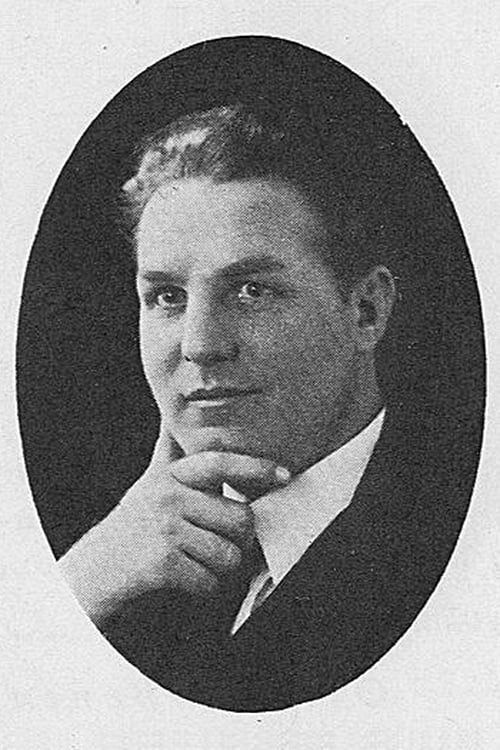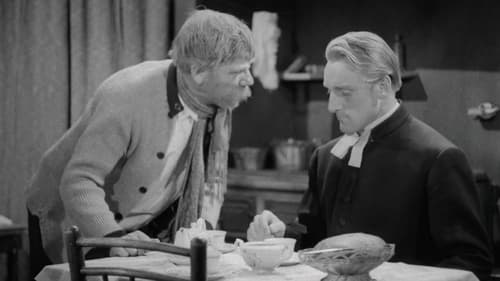Kyösti Erämaa
Birth : 1899-10-23, Parainen, Finland
Death : 1961-11-14
History
Kyösti Erämaa (October 23, 1899, Parainen - November 14, 1961) was a Finnish actor.
Before her career, Kyösti Erämaa worked as a wrestler. He maintained his physical condition and started as an operetta hero, including the Koiton Show. The Wilderness later moved to the Bread of the Workers' Show in Oulu, and moved from there to Helsinki, where he starred until his death. He was the director of the Mikkeli Theater between 1948 and 1949.
Kyösti Erämaa was also known as a film actor. He starred in about thirty film roles between 1934 and 1960, mainly in small parts such as the police. His best-known roles were, among others, the main part of Arah's Turma in the movie Tukkijoki (1937) and Ylitalon's Urho in the Dream of the Pasture (1940). He also starred in Pekka and Pätkä in bad trouble (1955). His last film role was a small role in the movie Isaskar Ketur's wonderful adventures (1960).
From Wikipedia (fi), the free encyclopedia




